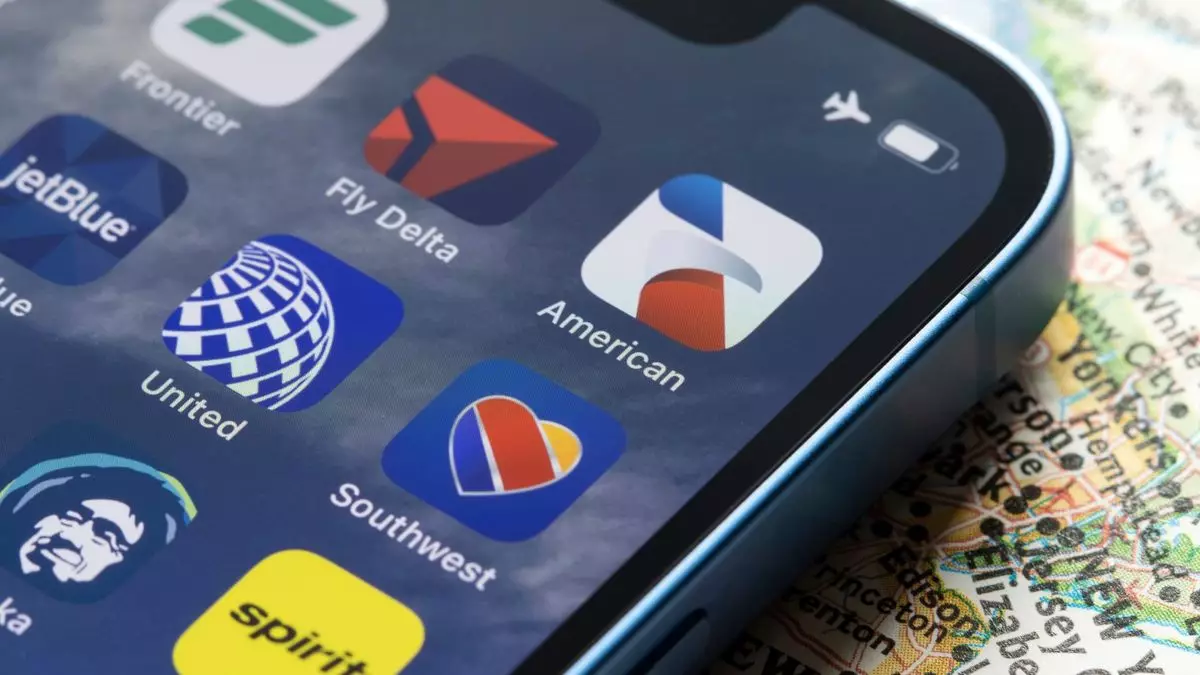The U.S. Transportation Department has initiated an investigation into the loyalty programs of major airlines such as American, Delta, Southwest, and United. The main objective of this probe, according to DOT secretary Pete Buttigieg, is to safeguard customers from unfair, deceptive, or anticompetitive practices within these rewards programs.
Airline rewards programs have become a vital component of the U.S. economy and a critical aspect of the airline’s business model. These programs have grown to the extent that they are now comparable, and in some cases more significant, than the revenue generated from actual flight operations. This demonstrates the impact that loyalty programs have on customer behavior and even personal finances since many Americans have accumulated substantial point balances that represent part of their savings.
The review by the DOT comes at a time when airline credit card and loyalty programs have witnessed a surge in popularity during the post-pandemic period. The estimation by Airlines for America (A4A) suggests that nearly 30 million U.S. households, which amounts to about one-quarter of all households, hold airline industry credit cards. This surge has been further fueled by the strong partnership between Delta and American Express, with Delta aiming to generate $10 billion from this collaboration by 2028.
A joint hearing by the DOT and the Consumer Financial Protection Bureau (CFPB) previously highlighted concerns around transparency and fairness in airline rewards and credit card programs. The practice of devaluing loyalty points periodically was particularly scrutinized. Additionally, smaller U.S. airlines accused major carriers of using loyalty programs to limit competition by creating a loyal customer base in markets where they already have dominance.
In response to the DOT’s probe, A4A pushed back by emphasizing that loyalty programs are a way for airlines to express gratitude to their customers. Southwest and Delta also defended their programs, highlighting the benefits and flexibility offered to customers through their rewards schemes. American and United chose not to comment, instead referring to the A4A’s statement.
An analysis revealed that the average price of U.S. airline tickets purchased with points or miles escalated by 28% between March 2019 and March 2024, surpassing inflation rates. However, the practices varied across different airlines, with American actually reducing reward prices by 25% during the same period. Another report by CFPB indicated that the average value of rewards earned per dollar spent increased from 1.4 cents in 2019 to 1.6 cents in 2022.
As part of the investigation, the DOT is demanding documents from American, Delta, Southwest, and United related to the devaluation of earned reward points over the last six years. This includes the impact of each change on existing points and customer status. The department is also exploring the deployment of dynamic pricing for reward redemption and the fees associated with redeeming, transferring, or maintaining earned points. Additionally, airlines are required to provide details on any mergers of rewards programs and their strategies for monitoring and responding to rival airline loyalty programs.
The scrutiny of airlines’ rewards programs by the DOT underscores the importance of transparency, fairness, and consumer protection within the industry. It serves as a reminder to airlines of the need to maintain a balance between maximizing profits and ensuring a positive and equitable experience for their customers.

